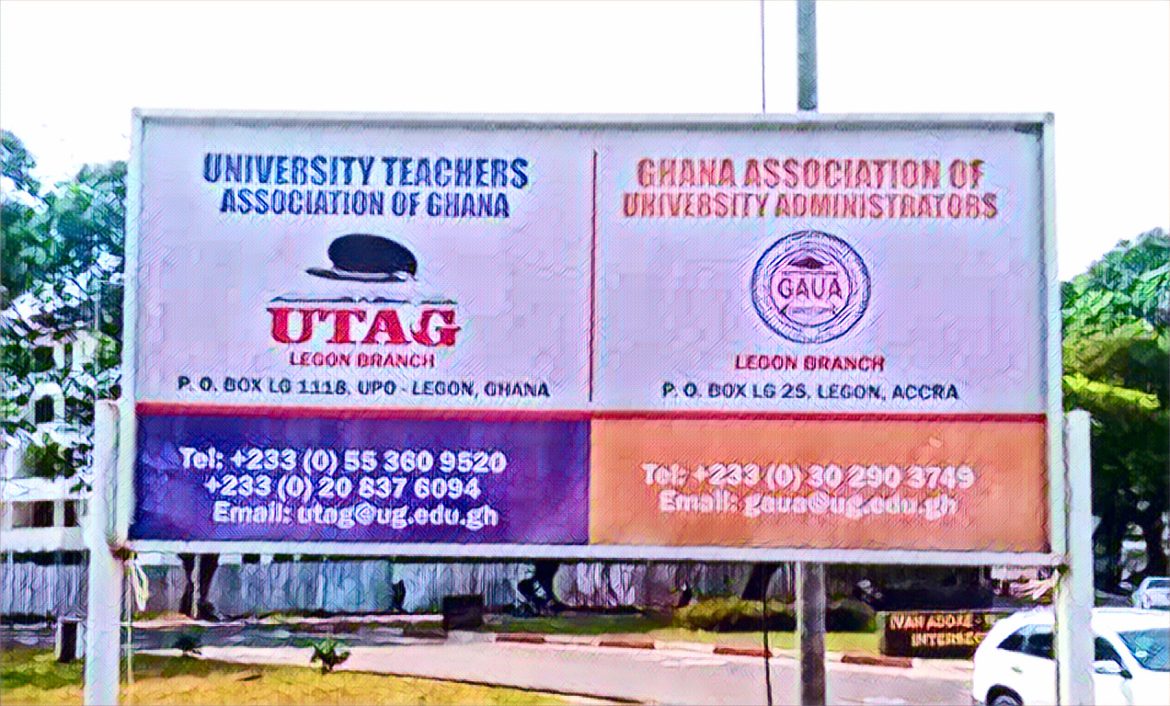Ghana’s public universities are facing a potential crisis as a group of non-teaching senior members threatens to lay down their tools over a pay dispute. The Ghana Association of University Administrators (GAUA) has called on the Ghana Tertiary Education Commission (GTEC) to halt the plan to stop paying office-holding allowances to some of its members.
According to GAUA, the GTEC directive is discriminatory, arbitrary, and unfair, as it will result in some of its members losing their allowances while their complaints are still pending at the National Labour Commission (NLC). The association says the directive also violates the legal documents that govern the establishment and operation of the public universities, such as the Acts of Parliament, the statutes, and the policies.
The Impact of The Pay Dispute
According to a report by Daily Graphic, the pay dispute between GAUA and GTEC is not only a matter of money, but also of academic freedom and autonomy. GAUA says that the GTEC directive is part of a broader trend of political interference and overregulation of public universities by the government and its agencies.
“Some government appointees to the university councils and politicians in the jurisdiction of some public universities have been noted to exert excessive political influence on the administrative structures of the public universities without recourse to the Acts, Statutes, and Policies governing the establishment of the nation’s public universities,” GAUA said.
The association also accused GTEC of micro-managing the public universities and disregarding their unique needs and contexts. GAUA says that GTEC has failed to consult with the relevant stakeholders and has imposed a one-size-fits-all approach to the management of the tertiary education sector.
GAUA says that these actions have eroded the sanctity of academic freedom and autonomy, which are essential for the advancement of knowledge and innovation. The association has called on the government and the relevant stakeholders to respect and uphold the legal documents that protect the independence and integrity of the public universities.
The Way Forward for The Public Universities
The pay dispute between GAUA and GTEC is not the first or the only challenge facing public universities in Ghana. The tertiary education sector has been grappling with issues such as inadequate funding, poor infrastructure, low enrolment, quality assurance, and relevance to the labor market.
To address these issues, the government has initiated several reforms and interventions, such as the establishment of GTEC, the conversion of polytechnics into technical universities, the introduction of a new academic calendar, and the provision of scholarships and loans to students.
The public universities in Ghana have a vital role to play in the development of the country and the continent. They are the hubs of research, innovation, and human capital development. They also have a social responsibility to serve the public interest and address the needs and problems of society. To fulfill these roles, they need a conducive environment that supports their academic freedom, autonomy, and excellence.




